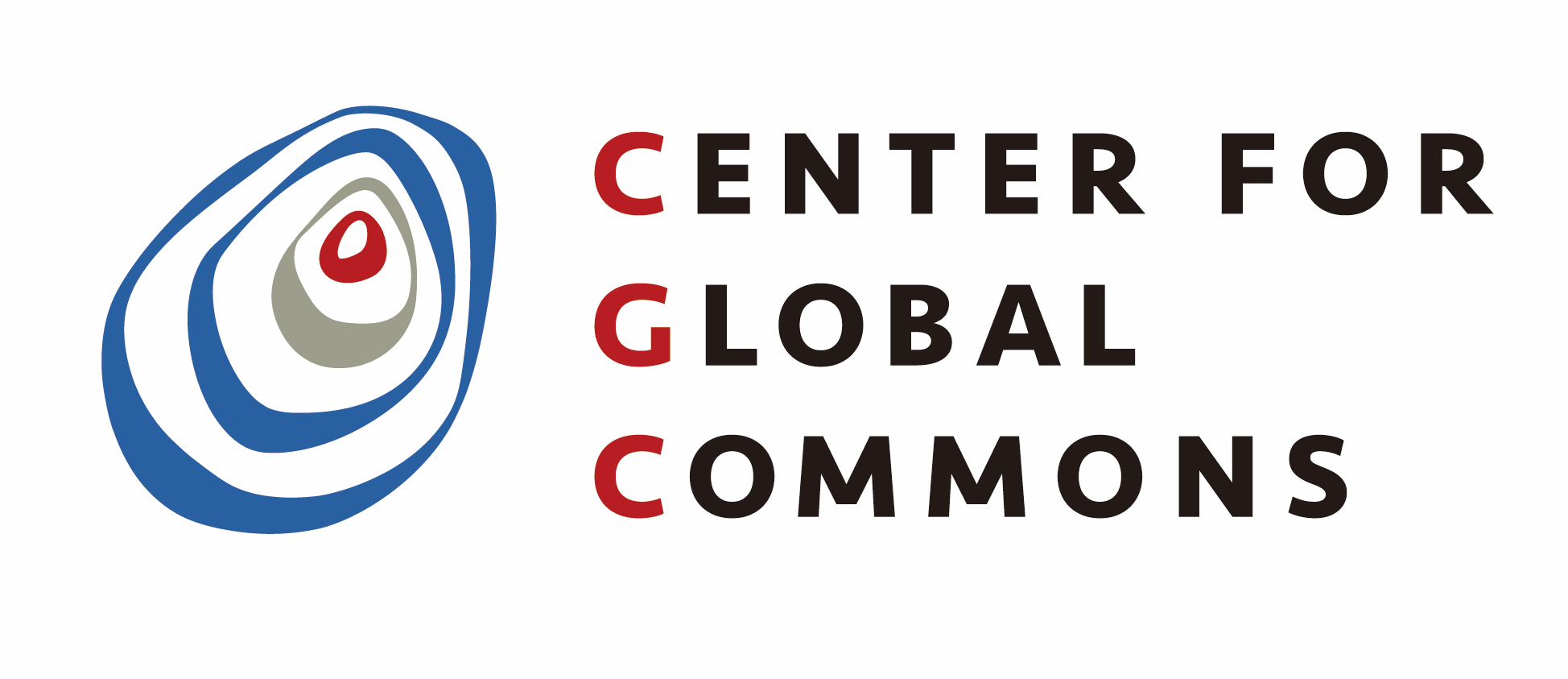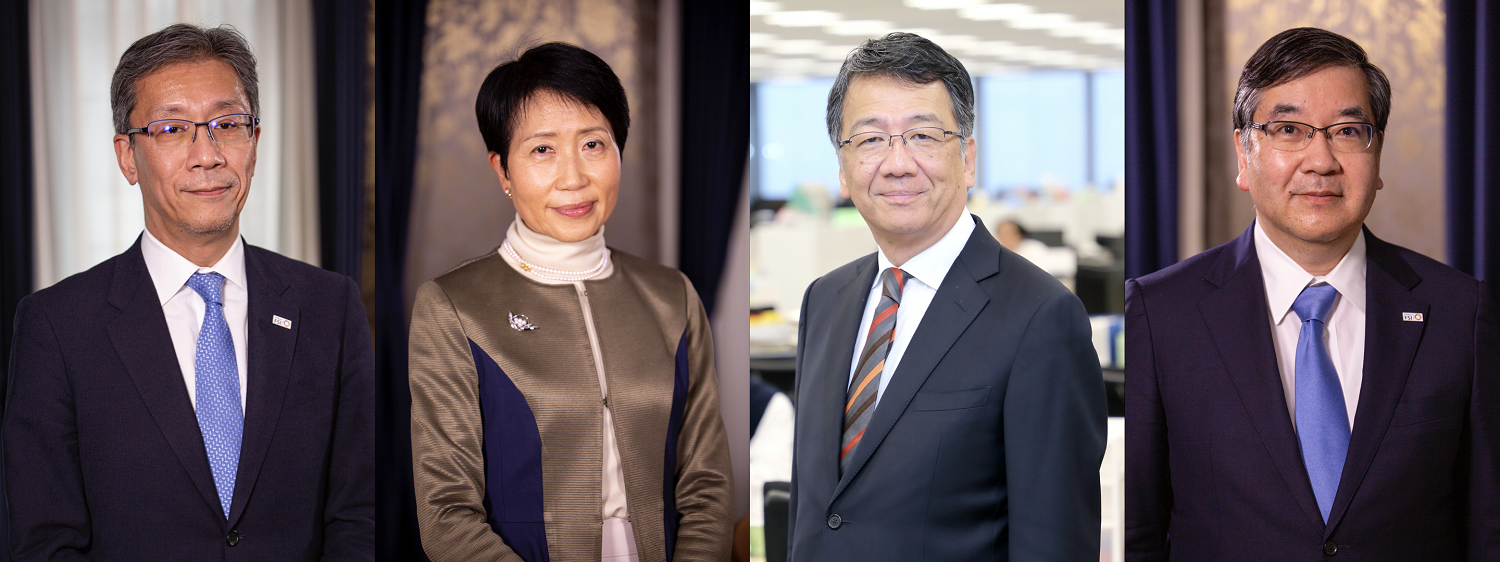Joint Research between the University of Tokyo and Mitsubishi Chemical Corporation for the Safeguarding of the Global Commons

The University of Tokyo (President: Makoto Gonokami) and Mitsubishi Chemical Corporation (President: Masayuki Waga, hereinafter referred to as "Mitsubishi Chemical") have agreed to begin a joint research project on the role of the chemical industry in safeguarding the global commons (i.e. the global environmental system upon which the sustainable development of humankind is founded) on April 1, 2021.
We are facing a grave environmental crisis at the global level. In order to overcome this crisis and create a sustainable future, we need to completely transform our social and economic systems and our lifestyles. The University of Tokyo and Mitsubishi Chemical believe that the chemical industry has an important role to play in supporting this transformation. Moreover, it is imperative that academia in a neutral position and private companies pool their knowledge and work together. In this joint research, the Center for Global Commons (Director: Naoko Ishii), which the University of Tokyo established on August 1, 2020, and Mitsubishi Chemical will conduct a two-year study on the role of the chemical industry in building a sustainable society and economy.
Specifically, UTokyo and Mitsubishi Chemical will develop a vision by studying what roles the chemical industry should play for other industries and consumers, and what issues it should resolve, in addition to reducing its own environmental footprint, in order to realize a sustainable society and economy that operates within the Planetary Boundaries*. In particular, the two organizations will study how the chemical industry can contribute to the transformation of major economic systems, such as production and consumption (circular economy), energy, food and cities. One of the key features of this research project is identifying the pathway scenarios for the Japanese chemical industry by collaborating with experts outside the two organizations, by drawing upon the latest initiatives in Europe and other countries, and by building a quantitative model of the flow of major chemical products from raw materials to recycling and disposal. The results of this research project will not be confined to the University of Tokyo or Mitsubishi Chemical, but will be shared widely in order to accelerate the transformation to a sustainable society and economy, as we are warned that only 10 years are left to bring about this transformation.

Photo (from left)
UTokyo President-elect Teruo Fujii, Center for Global Commons Director Naoko Ishii,
Mitsubishi Chemical President Masayuki Waga, and UTokyo President Makoto Gonokami
* Planetary Boundaries: The nine processes that stabilize the global environmental system (climate change, biodiversity, nitrogen and phosphorus cycles, etc.), in which thresholds that must not be crossed for humanity to develop sustainably are defined. Crossing these thresholds increases the risk of large-scale and irreversible environmental change. Climate change is in the uncertainty zone, and the biodiversity and nitrogen/phosphorus cycle are considered to have crossed the thresholds.
Rockström et al. (2009). Planetary Boundaries: Exploring the Safe Operating Space for Humanity.
Ecology and Society, 14 (2). https://doi.org/10.5751/ES-03180-140232
Steffen et al. (2015). Planetary boundaries: guiding human development on a changing planet.
Science, 347 (6223), 1259855-1259855. https://doi.org/10.1126/science.1259855
For more information, please contact
Center for Global Commons, Institute for Future Initiatives
The University of Tokyo
E-mail: info.cgc[at]ifi.u-tokyo.ac.jp
Please replace [at] with @ in the email address above.
Public Relations and IR Office
Mitsubishi Chemical Holdings Corporation
Phone: 03-6748-7140
We are facing a grave environmental crisis at the global level. In order to overcome this crisis and create a sustainable future, we need to completely transform our social and economic systems and our lifestyles. The University of Tokyo and Mitsubishi Chemical believe that the chemical industry has an important role to play in supporting this transformation. Moreover, it is imperative that academia in a neutral position and private companies pool their knowledge and work together. In this joint research, the Center for Global Commons (Director: Naoko Ishii), which the University of Tokyo established on August 1, 2020, and Mitsubishi Chemical will conduct a two-year study on the role of the chemical industry in building a sustainable society and economy.
Specifically, UTokyo and Mitsubishi Chemical will develop a vision by studying what roles the chemical industry should play for other industries and consumers, and what issues it should resolve, in addition to reducing its own environmental footprint, in order to realize a sustainable society and economy that operates within the Planetary Boundaries*. In particular, the two organizations will study how the chemical industry can contribute to the transformation of major economic systems, such as production and consumption (circular economy), energy, food and cities. One of the key features of this research project is identifying the pathway scenarios for the Japanese chemical industry by collaborating with experts outside the two organizations, by drawing upon the latest initiatives in Europe and other countries, and by building a quantitative model of the flow of major chemical products from raw materials to recycling and disposal. The results of this research project will not be confined to the University of Tokyo or Mitsubishi Chemical, but will be shared widely in order to accelerate the transformation to a sustainable society and economy, as we are warned that only 10 years are left to bring about this transformation.

Photo (from left)
UTokyo President-elect Teruo Fujii, Center for Global Commons Director Naoko Ishii,
Mitsubishi Chemical President Masayuki Waga, and UTokyo President Makoto Gonokami
* Planetary Boundaries: The nine processes that stabilize the global environmental system (climate change, biodiversity, nitrogen and phosphorus cycles, etc.), in which thresholds that must not be crossed for humanity to develop sustainably are defined. Crossing these thresholds increases the risk of large-scale and irreversible environmental change. Climate change is in the uncertainty zone, and the biodiversity and nitrogen/phosphorus cycle are considered to have crossed the thresholds.
Rockström et al. (2009). Planetary Boundaries: Exploring the Safe Operating Space for Humanity.
Ecology and Society, 14 (2). https://doi.org/10.5751/ES-03180-140232
Steffen et al. (2015). Planetary boundaries: guiding human development on a changing planet.
Science, 347 (6223), 1259855-1259855. https://doi.org/10.1126/science.1259855
For more information, please contact
Center for Global Commons, Institute for Future Initiatives
The University of Tokyo
E-mail: info.cgc[at]ifi.u-tokyo.ac.jp
Please replace [at] with @ in the email address above.
Public Relations and IR Office
Mitsubishi Chemical Holdings Corporation
Phone: 03-6748-7140






